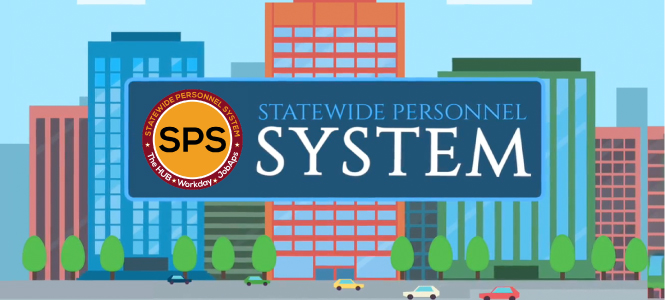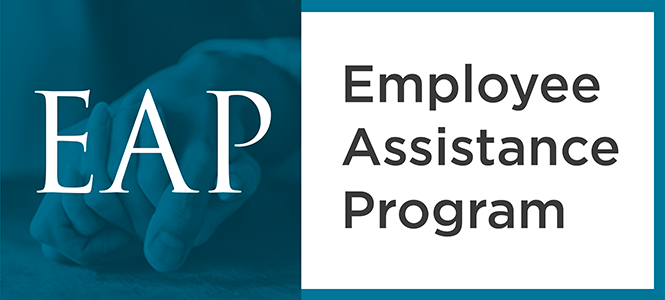Employee
All regular full-time faculty/staff employed at least 50% are eligible for tuition remission for up to (8) credits per semester at any USM institution or reciprocal institution (Morgan State University, St. Mary’s College of Maryland, and Baltimore City Community College). Part-time faculty and staff may receive tuition remission in proportion to their full-time equivalent (FTE). Tuition remission also applies to fellows, graduate research assistants, and graduate teaching assistants but does not apply to their family members.
Please note that the amount or availability of the benefit varies for you, your spouse, or your dependents are determined by your hire date. Please see the tuition remission policy for details.
Contingent Category II Employees
Contingent Category II employees are eligible for tuition remission for the employee only and the tuition remission only applies to courses taken at UMB. Tuition remission for Contingent Category II employees who are part-time will be prorated in accordance with their FTE.
Spouse and Dependent Children
Regular employees hired after 7/1/1992 are eligible for tuition remission for their legally married spouse or dependent child (biological, legally adopted, or stepchild) if they meet the following criteria:
- The employee has two years of full-time employment within the USM
- Dependent Children must be enrolled in courses toward a first undergraduate degree at any USM or reciprocal institution (Morgan State University, St. Mary’s College of Maryland, or Baltimore City Community College).
- Spouses are not eligible for remission at reciprocal institutions (Morgan State University, St. Mary’s College of Maryland, or Baltimore City Community College). They are only eligible in courses toward a first undergraduate degree within the USM.
- If the dependent child or spouse has already earned an undergraduate degree from any institution, they are not eligible for tuition remission.
- For employees hired before 7/1/1990, please see the tuition remission policy for details.








